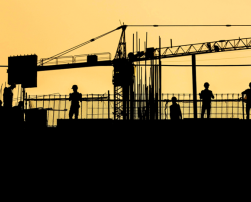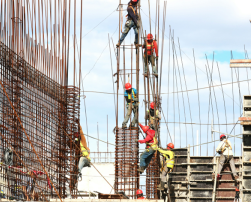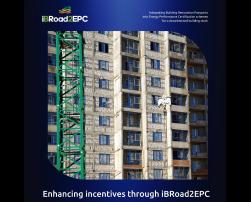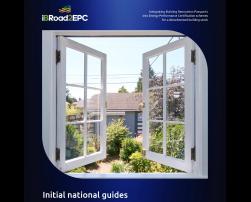
Reducing emissions and waste in the EU construction sector through circular economy principles
A document by the Circular Building Coalition shows how implementing circular economy principles and decarbonisation in the EU construction sector can significantly reduce emissions and material use, helping to keep global warming within the 2°C limit.

Recycling waste materials for sustainable cement production
A study examines how integrating diverse waste materials into cement mixtures improves sustainability and enhances properties like thermal insulation and durability in construction.

Utilising ground olive stones in mortar bricks for enhanced thermal insulation and sustainable building practices
A study explores the benefits of incorporating ground olive stones into mortar bricks to enhance thermal insulation, reduce energy consumption, and lower environmental impacts in building construction.

BPIE 10 recommendations to make buildings a cornerstone of Europe greener and fairer future
A publication by BPIE provides ten recommendations for the European Commission to make buildings more sustainable, energy-efficient, and resilient, enhancing Europe's stability and well-being.

Cool roofs prove to be a useful tool to tackle extreme heat in London
The paper evaluates urban interventions in London to mitigate extreme heat, finding that cool roofs are most effective in reducing outdoor air temperatures.

Future green construction jobs: skills and decent working conditions
This brief aims to support workers in developing informed collective bargaining strategies to ensure equitable access to new green employment and improved working conditions.

Advancing just transitions in the built environment
The report includes locally co-produced visions for a just transition in the built environment, as well as a plethora of recommendations for key stakeholders at the local, national and international level.

Challenges and strategies in financing the EU building decarbonisation plan: a policy brief
Bruegel’s policy brief outlines strategies for the EU to finance building decarbonisation by 2030, including stronger regulations, significant investments, and enhanced public-private financing mechanisms.

Enhancing incentives through iBRoad2EPC
How to best use financial and non-financial incentives for renovation in implementing markets.

Initial national guides for the roll-out of iBRoad2EPC in the six pilot countries
iBRoad2EPC and national energy performance certification schemes of roll-out countries.